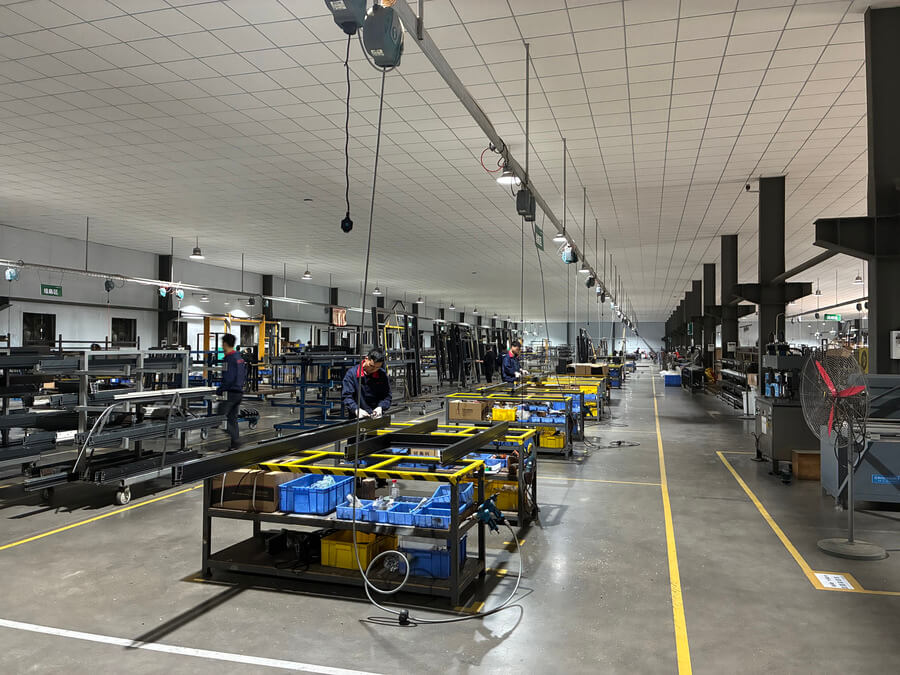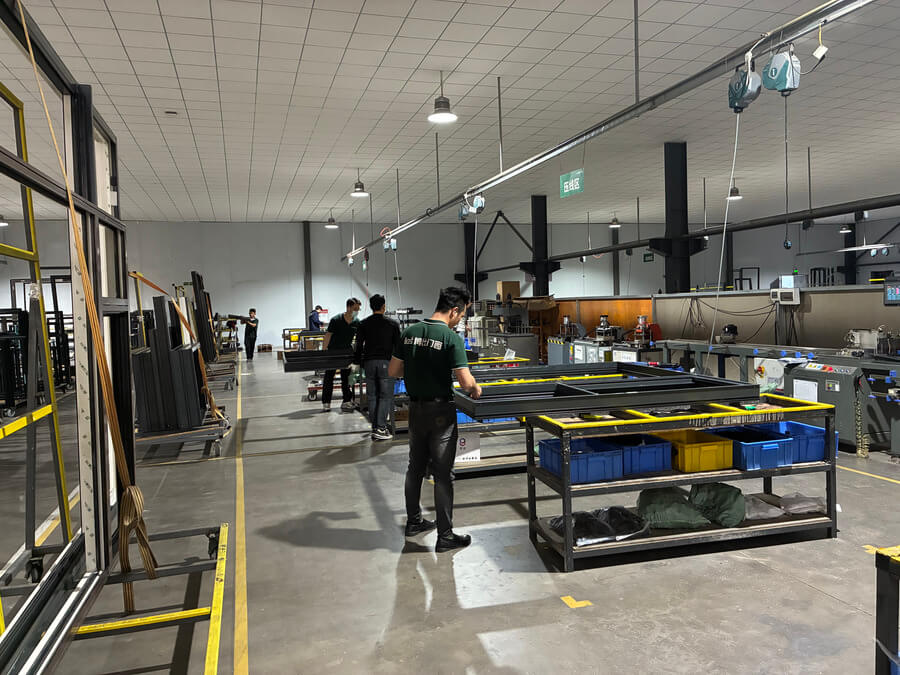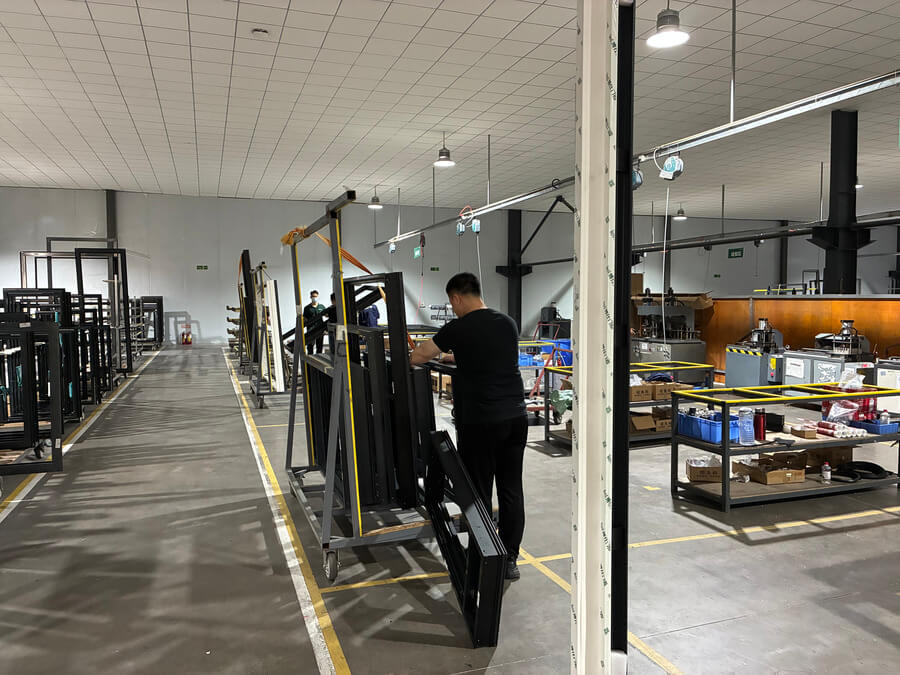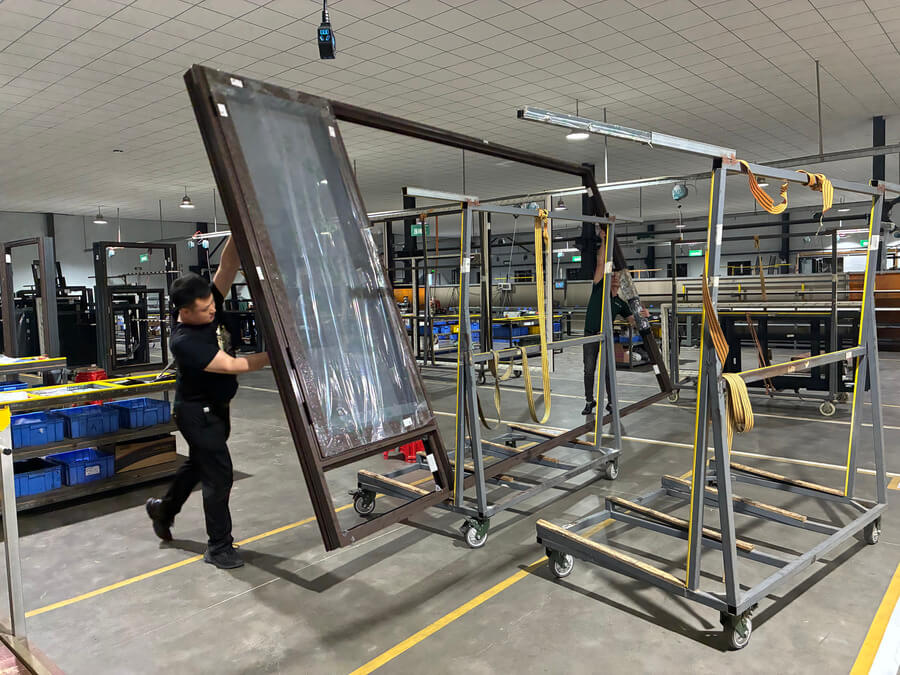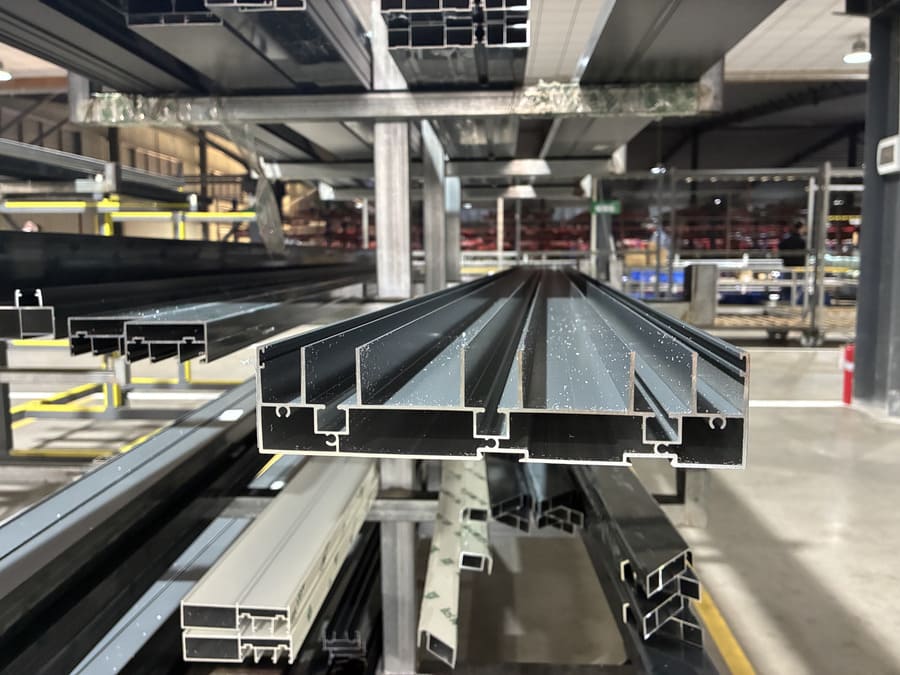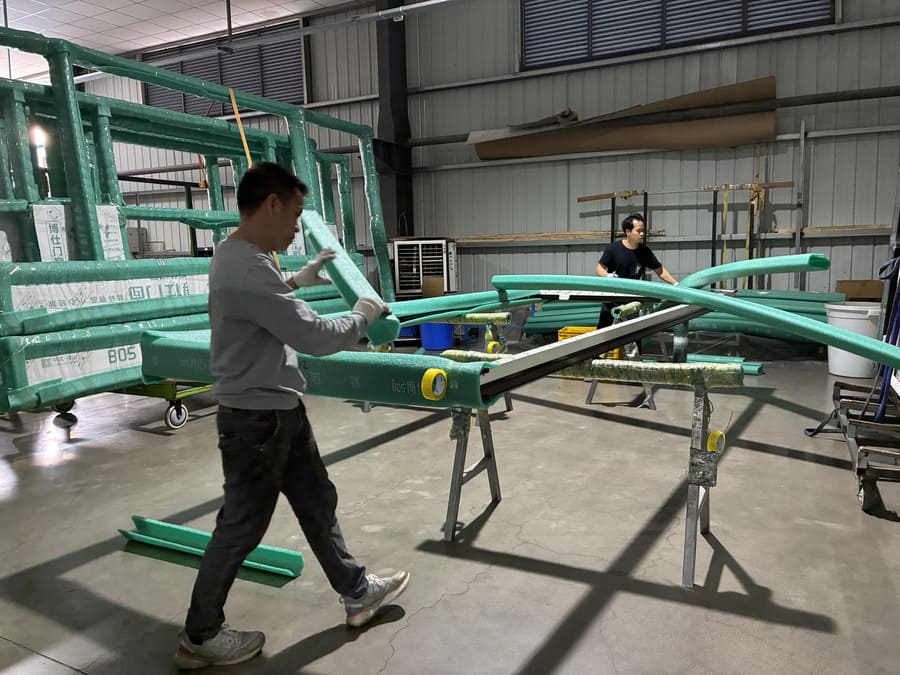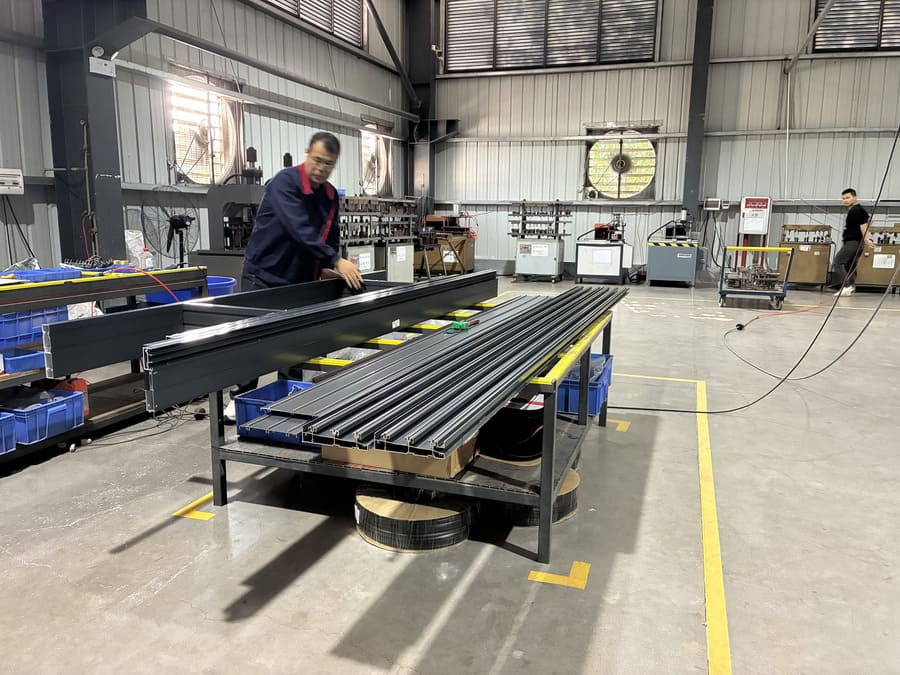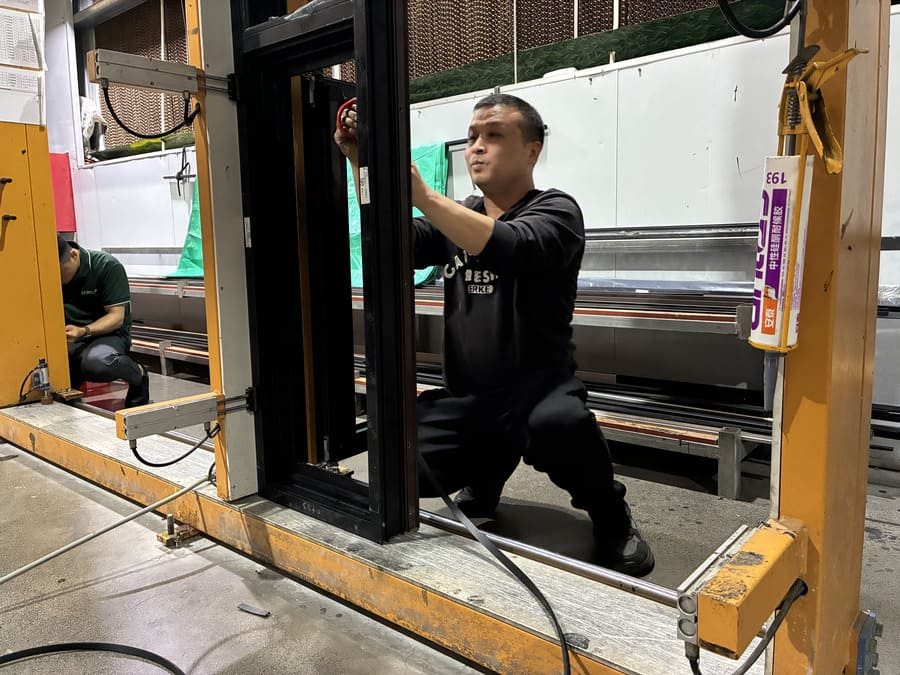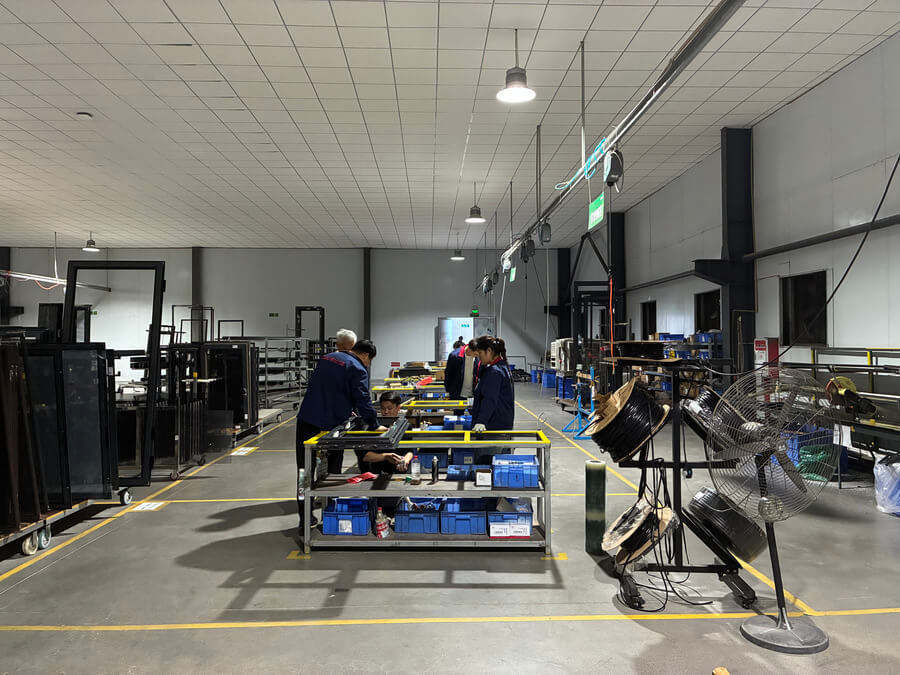I often hear this question: How long do windows last? I understand why you ask. Windows touch daily life. They let in light, block outside air, reduce noise, and protect from harmful UV rays. Good windows help keep temperature-controlled air inside and help cooling systems and heating systems work better. Bad or old windows can cause drafts, air leaks, and high energy bills.
I want to give you a clear and honest answer. No fancy words. Just simple facts that help you make good choices for your home.
Average Lifespan by Window Material
- Vinyl windows: about 20–25 years
- Wood windows: about 15–30 years (longer if well cared for)
- Aluminum windows: about 15–25 years
- Fiberglass windows: about 30–50 years
These are averages. Your windows may last longer or shorter, based on care and climate.
How long do windows last in different climates?

In hot, sunny areas with strong UV rays, seals start to break down sooner, and frames may fade or crack. In extreme climates with big temperature changes, materials expand and contract more, which can stress the window frames and seals.
In coastal areas, salt air can corrode metal parts and hardware. In wet areas, wood windows can rot if they are not regularly maintained. In dry areas, single pane windows can let in more heat and cold, which makes energy efficiency worse. Your local climate plays a big role in how long windows last, and it should guide your choice of new windows or replacement windows.
Installation quality is just as important as materials. A well-installed window has tight seals, level and square frames, and clean flashing to block water seepage. Poor installation can lead to drafty windows, leaks, difficulty opening or closing windows, and further damage to walls or trim.
If you see visible damage after a recent install, speak up quickly. Minor issues are easier to fix early, before they cause bigger problems. Good installers test the window in the open position and closed position, check locks and latches, and make sure the panes and sash move smoothly.
Signs You May Need New Windows
I look for clear signs. Drafts are a big sign. If you feel outside air or uncomfortable drafts when the window is closed, that means air leaks or poor seals.
Fog or moisture between panes of double-pane windows is another sign, because it means the insulated glass seal has failed.
Difficulty operating the sash, sticking tracks, or broken hardware tell me the window may be near the end of its life. Rot in wood frames, rust in metal frames, warping, cracks, or any visibly damaged parts are strong signs too.
Broken glass or a damaged window is a safety risk and should be repaired or replaced soon. Stains around the frame, soft drywall, or water seepage suggest leaks.
If you see several of these signs together, it may be time to replace your windows in the near future.
The Impact of Window Materials and Window Type on Service Life

- Vinyl windows are popular because they are affordable and low-maintenance. They resist rot and do not need paint. They offer good energy efficiency when they have proper glass and seals. The average lifespan is about 20 to 30 years if regularly maintained and not constantly exposed to harsh weather conditions.
- Wood windows are beautiful and natural. They can last a long time with care, but they need paint or sealant and attention to prevent rot. In a mild climate with regular maintenance, wood windows can look great and last well. In wet or harsh climates, they need more care. Their average lifespan is about 15 to 30 years, and longer when you keep the frames regularly sealed and protected.
- Aluminum windows are strong and thin, which many people like for a modern look. They can conduct heat and cold more than other frames, so they may need thermal breaks to keep energy bills lower. They can corrode in coastal areas. The average lifespan is about 15 to 25 years with proper care.
- Fiberglass windows are very stable and strong. They handle extreme temperatures well and expand and contract less than wood or vinyl. They often have the longest life, about 30 to 50 years, and they offer strong energy efficiency with the right glass.
Energy Efficiency and Comfort
Energy efficiency is a key reason many homeowners think about replacing windows. Old windows, single-pane windows, or windows with failed seals can raise energy bills. They let temperature-controlled air escape, and they let heat or cold come in. Newer windows with low emissivity (Low-E) glass help improve insulation by reflecting heat while letting light in. Warm-edge spacers and quality seals reduce condensation and air leaks.
Modern windows can also dampen sound and reduce noise from outside, which makes your home feel calm. If you want improved energy efficiency, consider replacing your windows with high-quality windows that have Low-E glass, proper spacers, and tight frames.
Modern Glass and Features That Help Windows Last
Modern windows use glass and parts that help with comfort and longevity. Low-E glass helps block harmful UV rays and heat while letting in light. Warm-edge spacers reduce condensation and keep the glass edges warmer. Some windows use laminated panes that reduce noise and add safety. If you live near traffic, laminated glass can help reduce noise. You can choose different window types based on room needs.
Casement windows seal tightly and catch breezes. Double-hung windows are easy to clean and can open from the top or bottom. Sliding windows offer wide views and smooth movement. Awning windows can let in air even during light rain. The best window type depends on how you use the space and your local climate.
Regular Maintenance to Help Windows Last
Regular maintenance adds years to window life. Clean glass, tracks, and frames twice a year. Replace cracked caulk and failing sealant. Lubricate locks and hinges with a light oil so they move smoothly.
Keep weep holes clear so water can drain. Trim plants away from frames so they do not trap moisture.
If you have wood windows, repaint or reseal them before the finish fails. Fix minor issues early to avoid bigger repairs later. Simple care helps most windows last longer.
Replacement vs. Repair: How I Decide
I decide between repair and replacement by looking at age, damage, energy efficiency, and cost. If you have minor issues, like a broken latch, a small crack in caulk, or a loose handle, repair is fine.
If you have a damaged window with broken glass, a warped frame, failed seals between panes, water seepage, or constant drafty windows, replacement is often a smarter choice. If a window is near the end of its average lifespan and has several problems, replacing is usually best.
New windows can seal better, reduce noise, block UV rays, and lower energy bills. When you replace your windows, you also reduce the chance of further damage to walls, trim, or floors from leaks.
A Simple Home Checkup List
You can use a simple list at home to spot issues early. Check for drafts by holding your hand near the frame on a windy day.
If you feel outside air, there may be air leaks. Look for fog between panes.
If you see moisture inside the glass, the seal may have failed. Test ease of use.
If you have difficulty opening or closing windows, or if locks stick, it may be a sign of wear. Inspect the frame.
If wood is soft, if metal is rusty, or if vinyl is cracked, it may be time to replace. Look for stains and soft spots around the frame, which can mean water seepage. Note noise levels.
If traffic or street noise is loud inside, newer windows may help dampen sound. Watch energy bills.
If bills keep rising and your windows are old, the windows may be part of the problem. Check for fading from UV rays on carpets and furniture. Low-E glass can help reduce that fading.
Choosing the Right Window for Your Home
- Match the material to your climate and care style.
- Look for strong seals, good hardware, and trusted glass.
- Make sure the installer is skilled and careful.
- Ask for clear warranty terms.
Conclusion

I write this guide to help you, not to push you. I care about simple words and clear answers. If you want help to decide, if you wonder how long windows last in your area, or if you need tips for replacing windows, I am here for you.
I am an engineer in Boswindor with over 25 years of experience in the window and door industry.. I will share calm, honest advice and think from your side. Together, we can find the right path, whether it is repair, maintenance, or window replacement. Your home matters, your comfort matters, and your budget matters. When you take small steps and watch the signs, your windows can serve you well for many years.







